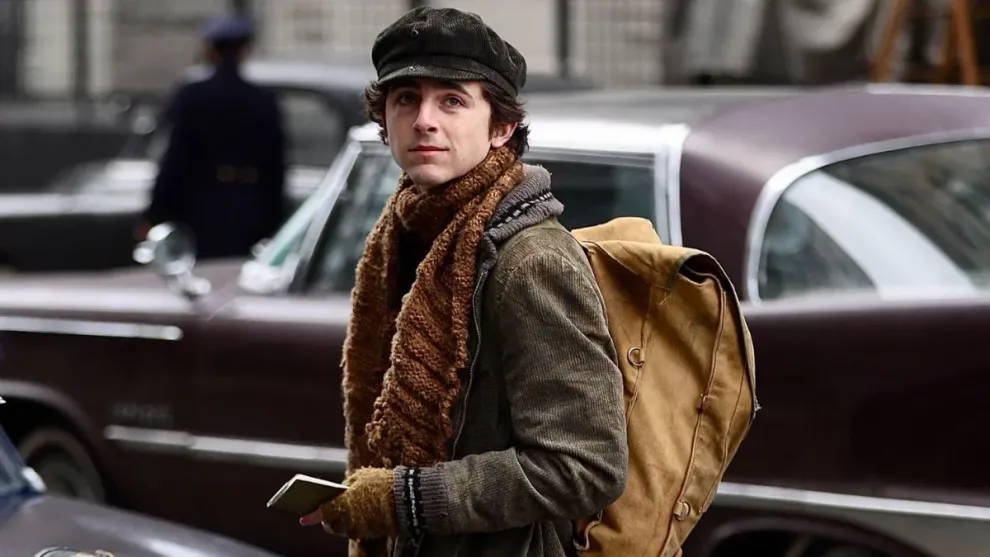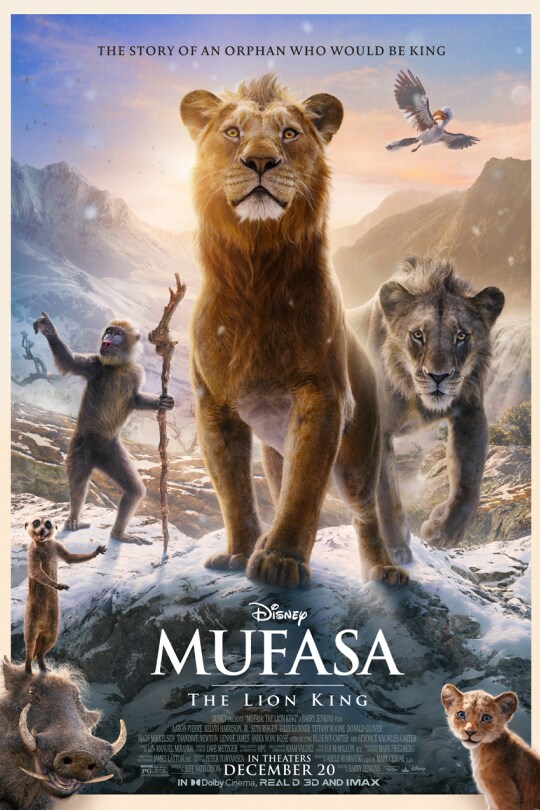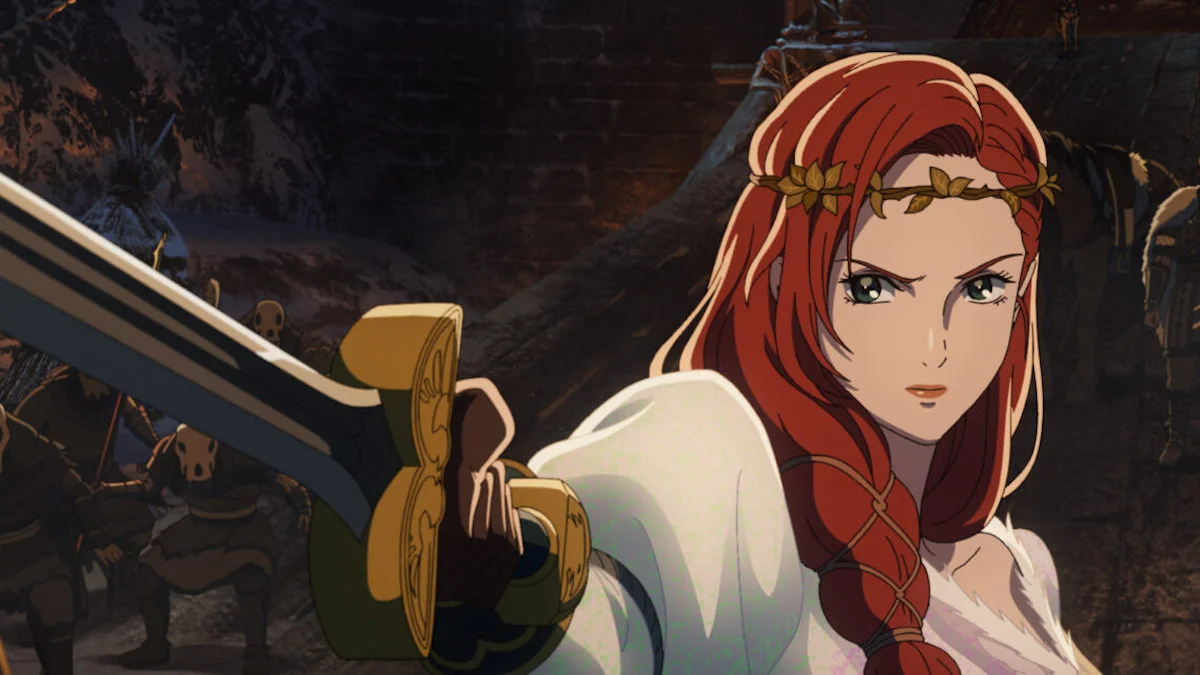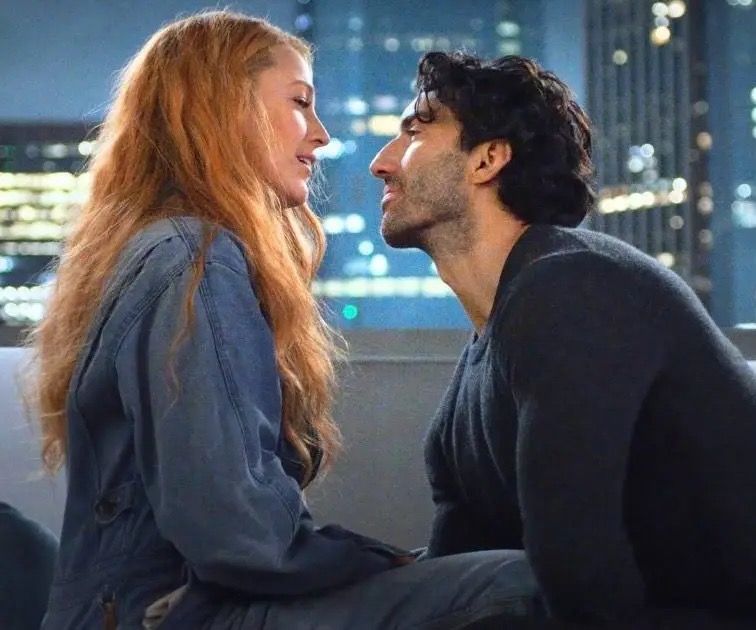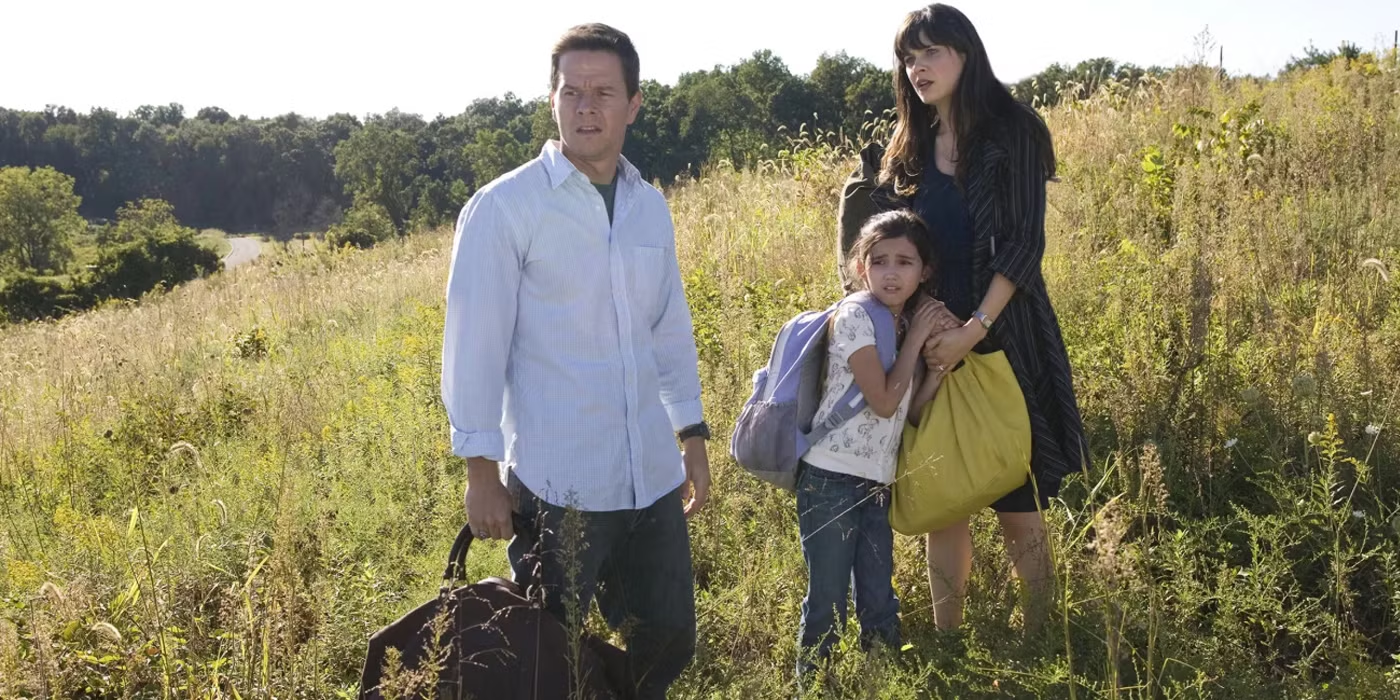This movie has a lot in common with its main character. Both are shambling and directionless, with a literary gloss and great deal of charm and intelligence. And both need all of that to be forgiven for their many failings.
Michael Douglas plays Grady Tripp, a college professor whose award- winning book was published seven years ago. He is under pressure from all sides. His third young, beautiful wife has just left him. His mistress Sara (Frances McDormand), who happens to be married to Tripp’s boss, is pregnant with Tripp’s child. His best student seems suicidal. Another student, who is also a tenant, is clearly interested in becoming young and beautiful wife number four. And his editor is pressing him for a new manuscript.
Tripp has a manuscript, now up to page 2612, but does not want to show it to anyone. Crabtree, the editor (Robert Downey, Jr.) arrives accompanied by a transvestite he met on the plane. And everyone ends up at a party at the home of the mistress and her husband, Tripp’s dean, a man who believes that Marilyn Monroe’s marriage to Joe DiMaggio was the defining moment of the 20th Century.
Tripp is irresponsible, but he cares about Sara more than he knew and he cares about James more than he thought he could. Perhaps it is because he wants to save in James what he fears he may have lost in himself — notice the way that Grady begins every sentence to James by using his name, as though to persuade himself that he is speaking to someone else. James is drunk on words and stories. Tripp may have been that way once, but now he has to resort to marijuana and whatever drugs he can scrounge from Crabtree’s suitcase.
In the course of the weekend, the dean’s dead dog, Marilyn Monroe’s wedding sweater, Crabtree’s luggage, and James’ manuscript end up in Tripp’s vintage convertible. That car then ferries the transvestite to his home (deconstructing the drag along the way), Tripp to his ex-wife’s parents’ house and his mistress’ greenhouse, then rescues James from his kindly but clueless parents, and is either stolen or retrieved by a man whose name is not Vernon but who looks like it should be.
In the course of this fantastic (in the literary sense) journey, all the characters are coping with problems and yet all are remarkably honorable and helpful. The ex-wife’s parents dress Tripp’s wound. The successful colleague tells Tripp how much he was moved by Tripp’s work. Even the man whose name is not Vernon gives Tripp and Crabtree a lift. In another movie, Tripp might think of stealing James’ manuscript, but in this one, he lets it replace his own, solving both James’ and Crabtree’s problems. Tripp limps through the movie with a bandaged hand, often wearing the ratty pink chenille bathrobe he wears when he writes. He is in something of a stupor, not just from alcohol and drugs, but from success, and failure. He still has James’ passion for writing, but he no longer has the innocence and sense of possibilities to “make the choices” necessary. When asked why he was writing the 2000-page book, all he can say is, “I couldn’t stop.” And when he says, “Sometimes people just need to be rescued,” he is talking about himself as much as James.
This grand mess of a movie has many pleasures, including a terrific soundtrack, marvelous performances, and a beguiling but highly improbable ending. Tripp’s colleague says that everyone has a story. What gets you from there to writing? He mentions faith, and Tripp mentions keeping at it. One reason is that stories like this one, highly imperfect but worthwhile, are what help us get to the ones that really make it all the way there.
Families who see this movie should talk about how the people in it establish their priorities and deal with the consequences.
Parents should know that this movie has drug and alcohol abuse, adultery, homosexual and heterosexual references (including a transvestite character), references to suicide, and very strong language.
People who enjoy this movie will also like Educating Rita and The Accidental Tourist.

